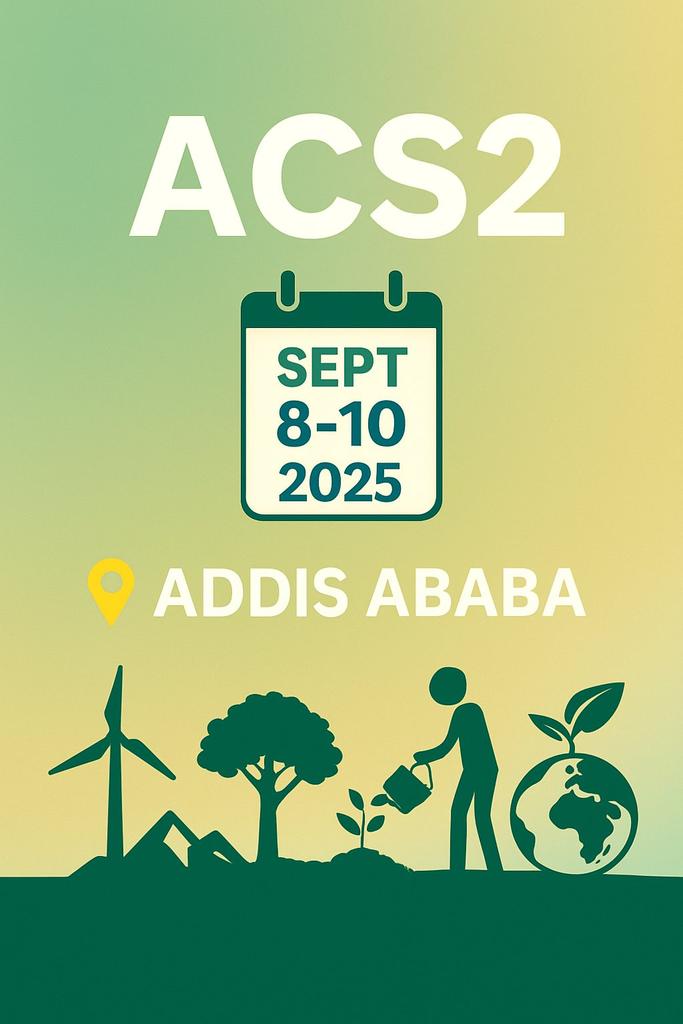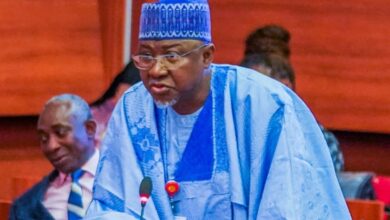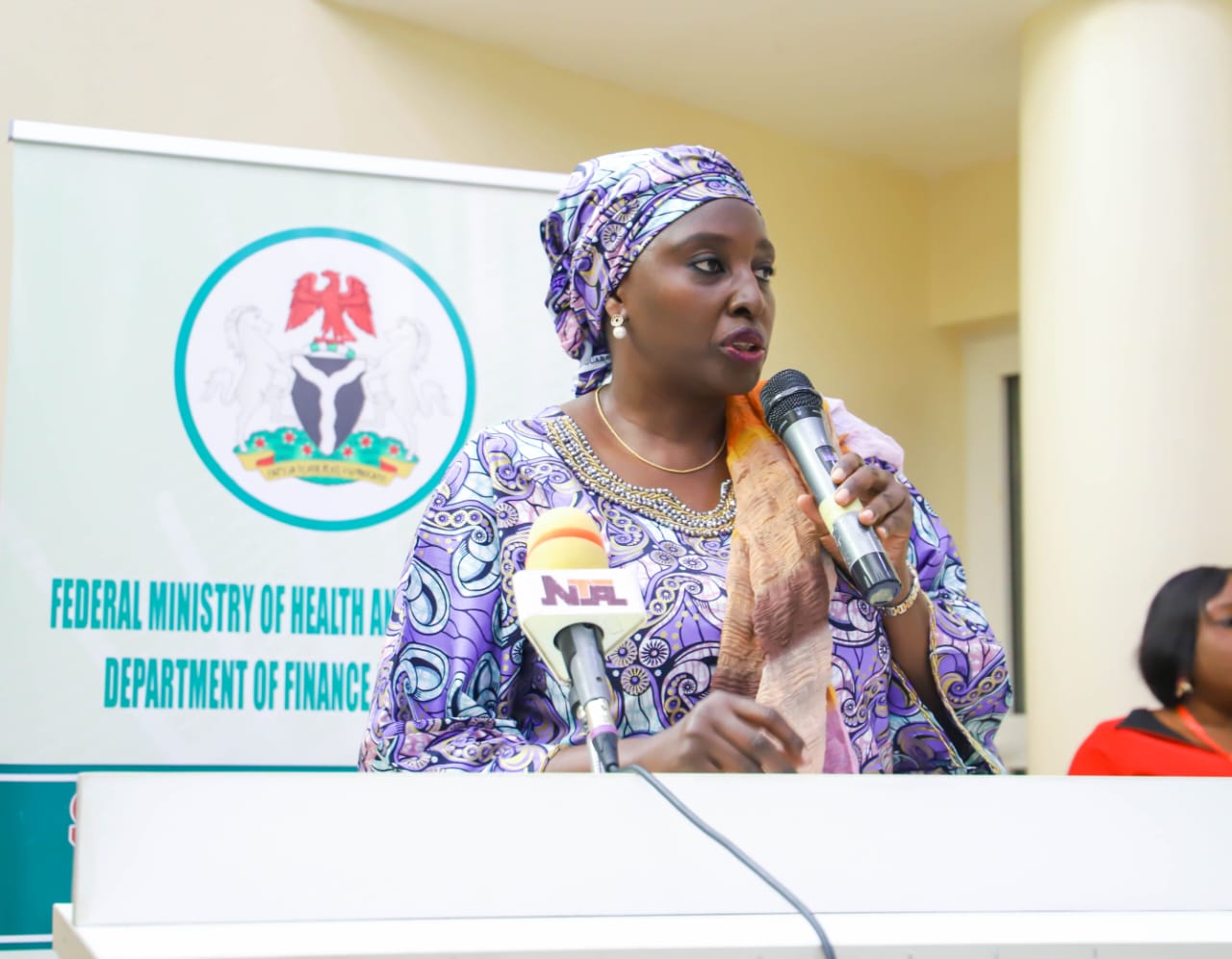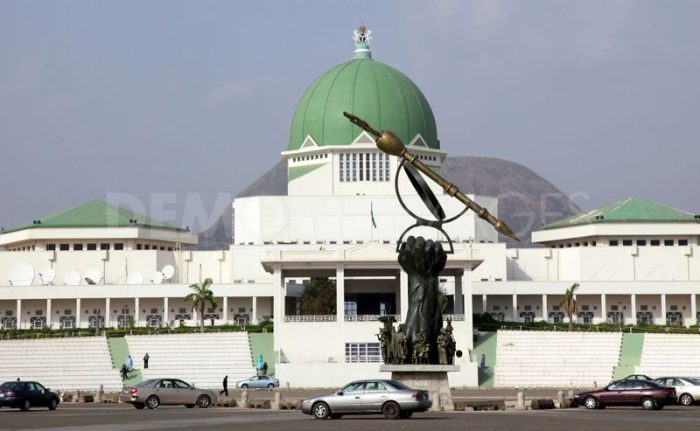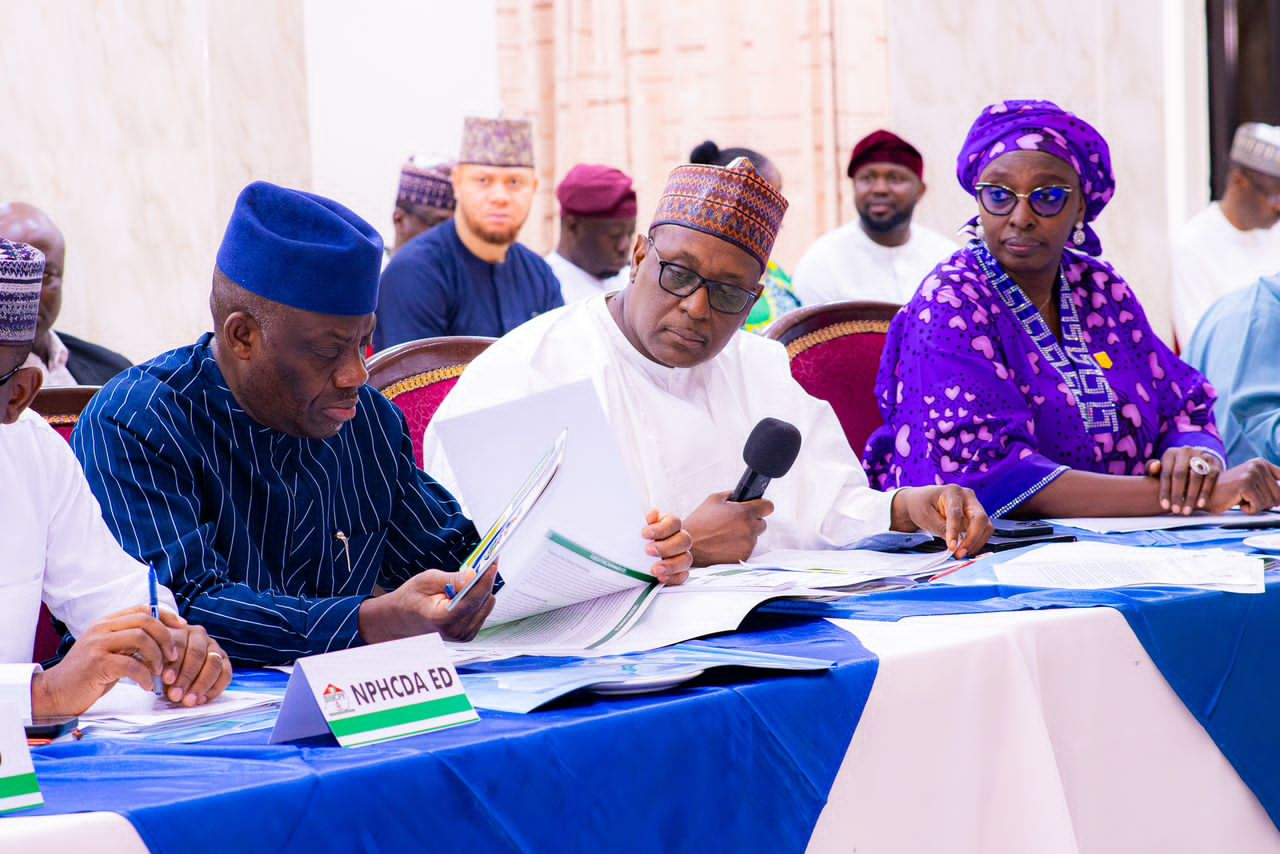
………MOC approved N12.911 billion for disbursement to key agencies
By Fatima Saka
In an efforts to reduce maternal mortality and improve childbirth outcomes, the federal government has ensured that women suffering from obstetric fistulas receive affordable and cost-free repairs.
The Coordinating Minister of Health and Social Welfare, Professor Muhammad Ali Pate, revealed this during a press briefing on the outcomes of the 8th Basic Health Provision Fund Ministerial Oversight Committee Meeting in Abuja.
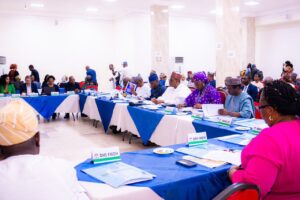
He also highlighted the collaborative efforts with the Federal Ministry of Women’s Affairs to address the challenges faced by vulnerable women affected by obstetric fistulas. “This initiative has had a positive impact on vulnerable segments of the population.”
Professor Pate commended the President for supporting the initiative through the Sector-Wide Approach initiative launched in December 2023.
The coordinating Minister highlighted that one of the remarkable initiatives undertaken by this administration is ensuring that women afflicted by obstetric fistulas receive repairs at affordable rates, free of charge.
“I am delighted to the memorandum of understanding signed with Health Maintenance Organizations (HMOs), the National Health Insurance Authority (NHIA), and emergency obstetric fistula repair centers in Ningi, Bauchi State, Abakaliki in Ebony State, Batsari and Batagarawa in Katsina State has resulted in hundreds of successful fistula repairs at no cost to the women.
“This has not only provided them with medical assistance but also empowerment.”
Regarding maternal mortality, Professor Pate disclosed that an additional 2.4 million enrollees from vulnerable groups have been included in the fund over the past year. “This inclusion has made healthcare more accessible to them and has allocated resources to support comprehensive emergency obstetric care, particularly for the disadvantaged populations.”
While acknowledging that some states are progressing better than others, Professor Pate emphasized the collective effort between the federal government and states to combat maternal mortality and enhance child health outcomes in Nigeria. “The training of frontline health workers and the continuous efforts to expand their numbers demonstrate the commitment to serving the Nigerian population effectively.”
Dr. Walter Kazadi Mulombo, the WHO Country Representative (WR) to Nigeria, expressed enthusiasm for the advancements in the health sector.
He advocated for member states to prioritize strengthening primary care, a goal that Nigeria is actively pursuing through initiatives like the Health Sector Renewal Investment Initiative and the Basic Health Provision Fund program.
Primary care entails a holistic approach that encompasses various policy actions, community empowerment, and the provision of essential services, including public health functions such as surveillance and outbreak response. This approach is crucial for transforming the health landscape in Nigeria.
The Resolutions of the Eighth Ministerial Oversight Committee (MOC) of the Basic Health Care Provision Fund (BHCPF) outlined strategic steps to ensure effective implementation, transparency, and accountability of the fund.
They reforms are underway to align with Nigeria’s Health Sector Renewal Initiative and the Sector-Wide Approach endorsed by President Bola Ahmed Tinubu. These reforms aim to enhance the operational structure of the BHCPF and strengthen governance mechanisms.
During the 8th MOC meeting, key documents such as the revised BHCPF 2.0 Guideline, the accountability framework, and the disbursement of funds for the fourth quarter of 2023 were adopted.
The MOC approved N12.911 billion for disbursement to key agencies based on the current BHCPF Guideline.
Moving forward, a subcommittee comprising representatives from various stakeholders will address delays in fund disbursement and report back within two weeks.
The MOC is scheduled to reconvene in mid-December to disburse funds for the first quarter of 2025. Consultations with gateways and subnational stakeholders will be conducted to ensure alignment with the Sector-Wide Approach.
In conclusion, the MOC accepted the revised BHCPF 2.0 Guideline with provisions for future amendments. The Accountability Framework has also been adopted and will be refined as implementation progresses.

